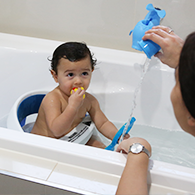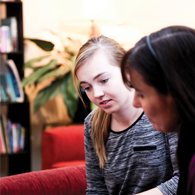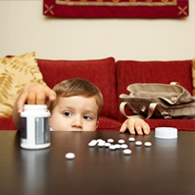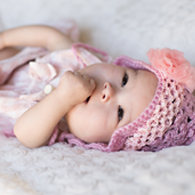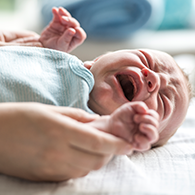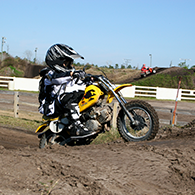First 2000 days
The first 5 years (2000 days) is when 90% of your baby’s brain development happens.
- The more your child practices a particular skill or learning, the stronger it becomes over time
- It is important that children are stimulated in different ways for healthy development and learning
- This begins with holding and comforting your baby, talking and singing to your baby and creating a warm and loving environment for your baby to grow up in.
Steps made towards better health in the first 5 years (2000 days) have greater benefits later in life, including:
- Improved learning and school performance
- Healthier lifestyle choices (including nutrition and physical activity)
- Less illness and disease (including obesity, diabetes and heart disease)
- Better mental health
- Less risk-taking behaviours (including smoking, alcohol, drugs and teenage pregnancy)
- Less likely to be violent and anti-social
- Less likely to commit crime.
Some things that you can do to give your child the best chance in life include:
- Social and emotional support: create a safe environment for your child. Make them feel secure by holding, cuddling and kissing them often and comfort them when they are upset
- Fine and gross motor skills: look for ways to encourage hand and body movements
- Use the ‘Bringing out the best in your baby’ calendar for ideas on how you can encourage healthy development in your baby’s first year of life.
Visit your local child and family health nurse for regular child health and development checks. The checks are listed in your child’s Personal Health Record (Blue Book). They are recommended at:
- 6 to 8 weeks

- 6 months
- 12 months
- 18 months
- 2 years
- 3 years
- 4 years.
Talk to your GP or child and family health nurse about any developmental delays or concerns you may have.
Other things that you can do to encourage your child’s development include:
- Help your child understand their emotions and how to manage their behaviour so they develop coping skills and ways to handle difficult situations in the future. A list of parenting programs in NSW to teach you how to do this is available at resourcingparents.nsw.gov.au/Parents
- Join a playgroup before your child starts school. It’s good for your child’s development and good for you to make connections with other children and parents. Playgroups in your area can be found at playgroupaustralia.org.au/find-a-playgroup
- Going to preschool or childcare for 15 hours per week in the year before starting school improves your child’s health and wellbeing later in life
- The Australian Government gives a Child Care Subsidy of up to 18 hours per week to help with the cost of sending your child to preschool or childcare in the year before starting primary school. See the Department of Human Services website for more information humanservices.gov.au/individuals/families
For more information on how to give your child the best chance in life, visit the Raising Children Network website at raisingchildren.net.au/guides/first-1000-days

